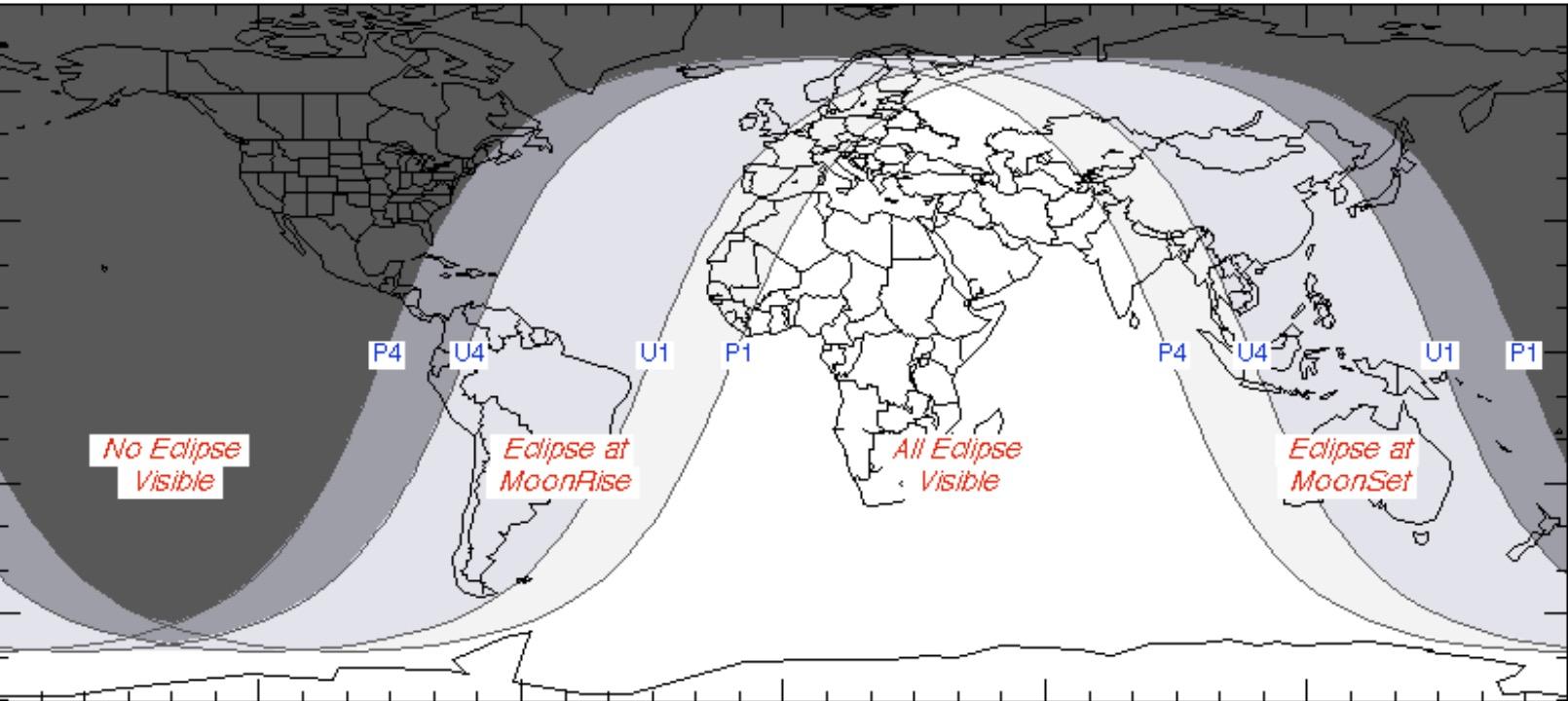Lunar eclipse time tonight: When and where to see Moon go dark on Apollo 11 anniversary today
Full moon will be plunged a deep red – 50 years to the day since astronauts set off to explore it for the first time
The world is about to be blessed by one of the most remarkable sights in the sky.
A full moon lunar eclipse is about to be visible over the Earth, as our planet, the Moon and the Sun all move into place for a spectacular celestial sight.
And it will arrive on a particularly meaningful date for anyone who looks up at the Moon. It will be 50 years to the day since astronauts blasted off on the Apollo 11 mission, on their way to walk on its surface for the very first time.
The lunar eclipse happens when the Earth moves between the Sun and the Moon. Any light that hits the Moon has to go through the Earth's atmosphere first, giving it a deep red tinge and making it look much darker than normal.
The lunar eclipse is remarkable partly because it is easily the most accessible of the celestial sights that move across our sky. Unlike other similar events – such as solar eclipses or meteor showers – you don't need special equipment or to be anywhere particularly dark or clear, since just about everyone can see the Moon.
All that is required is to go outside after moonrise and after the eclipse happens, when it becomes visible over the horizon. That will happen as evening approaches, though it will depend partly on where you are.
Unfortunately, not everyone in the world will get to see it. The partial eclipse will only be visible across the UK, much of Asia, all of Africa, the eastern part of South America and the western part of Australia.

Depending where you are, the eclipse will arrive at a different time in the world and will look more or less clear. In the UK for instance it will come around 9pm, but will be earlier the more east and south you are.
Join our commenting forum
Join thought-provoking conversations, follow other Independent readers and see their replies
Comments
Bookmark popover
Removed from bookmarks